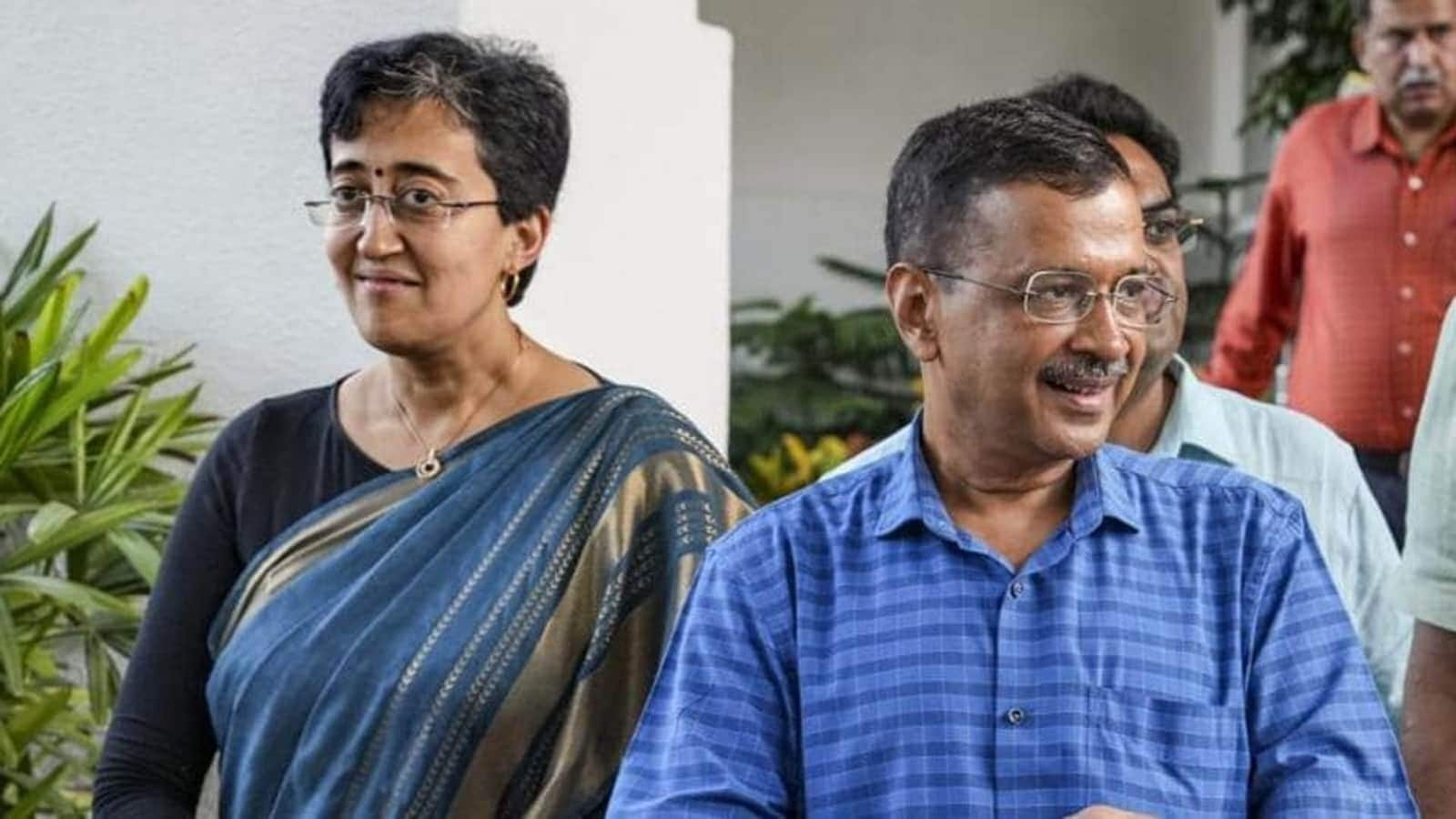
Electoral list deletions: SC stays defamation case against Kejriwal, Atishi
What's the story
The Supreme Court on Monday halted the criminal proceedings against Aam Aadmi Party leader Arvind Kejriwal and Delhi Chief Minister Atishi in a defamation case.
The case stems from their 2018 allegations that the Bharatiya Janata Party was responsible for deleting names from the Delhi voter list.
On September 2, the Delhi High Court declined to stay the proceedings against Kejriwal and Atishi related to these claims.
The defamation suit was filed by BJP leaders in response to their remarks.
Legal implications
SC to consider defamation law's impact on political discourse
The Supreme Court has issued a notice on the petition submitted by Kejriwal and Atishi, agreeing to examine whether defamation laws can restrict political speech, given the constitutional right to freedom of expression under Article 19(1)(a).
The court also notified the Delhi government and BJP leader Rajiv Babbar regarding the plea challenging the high court's refusal to dismiss the defamation case.
A bench of Justices Hrishikesh Roy and SVN Bhatti stayed the trial court proceedings on Monday.
Legal challenge
AAP leaders challenge high court order
Senior advocate Abhishek Singhvi, representing Atishi and Kejriwal, said the defamation case was initiated by Rajiv Babbar, acting as the authorized representative of BJP Delhi.
He argued, "BJP, neither central nor Delhi, has not filed any complaint. Babbar is not the person I have allegedly defamed."
Atishi and Kejriwal contested the Delhi High Court's order from September 2 claiming the allegations had tarnished the BJP's reputation.
Case background
Details of the defamation case against AAP leaders
The high court noted that the statements made were prima facie defamatory, aiming to vilify theBJP and gain undue political advantage.
The allegations, filed by Babbar, claim that the AAP held a press conference in 2018 where they alleged that, under the BJP's direction, the Election Commission of India had removed approximately 30 lakh voters from the Delhi voter list, specifically targeting the Bania, Poorvanchali, and Muslim communities.